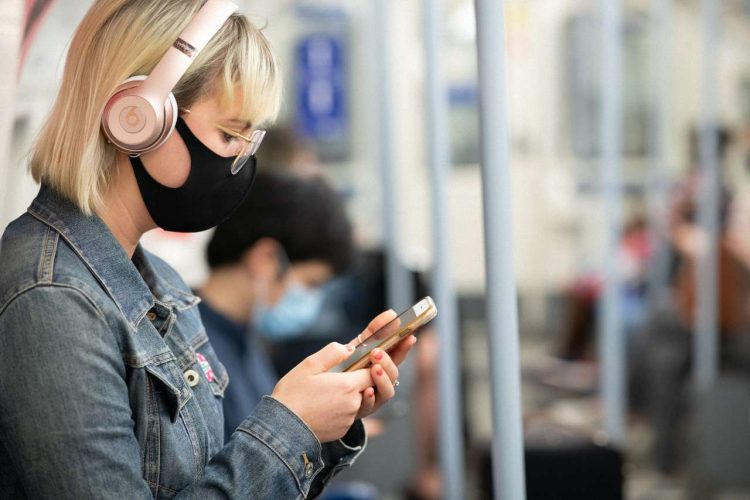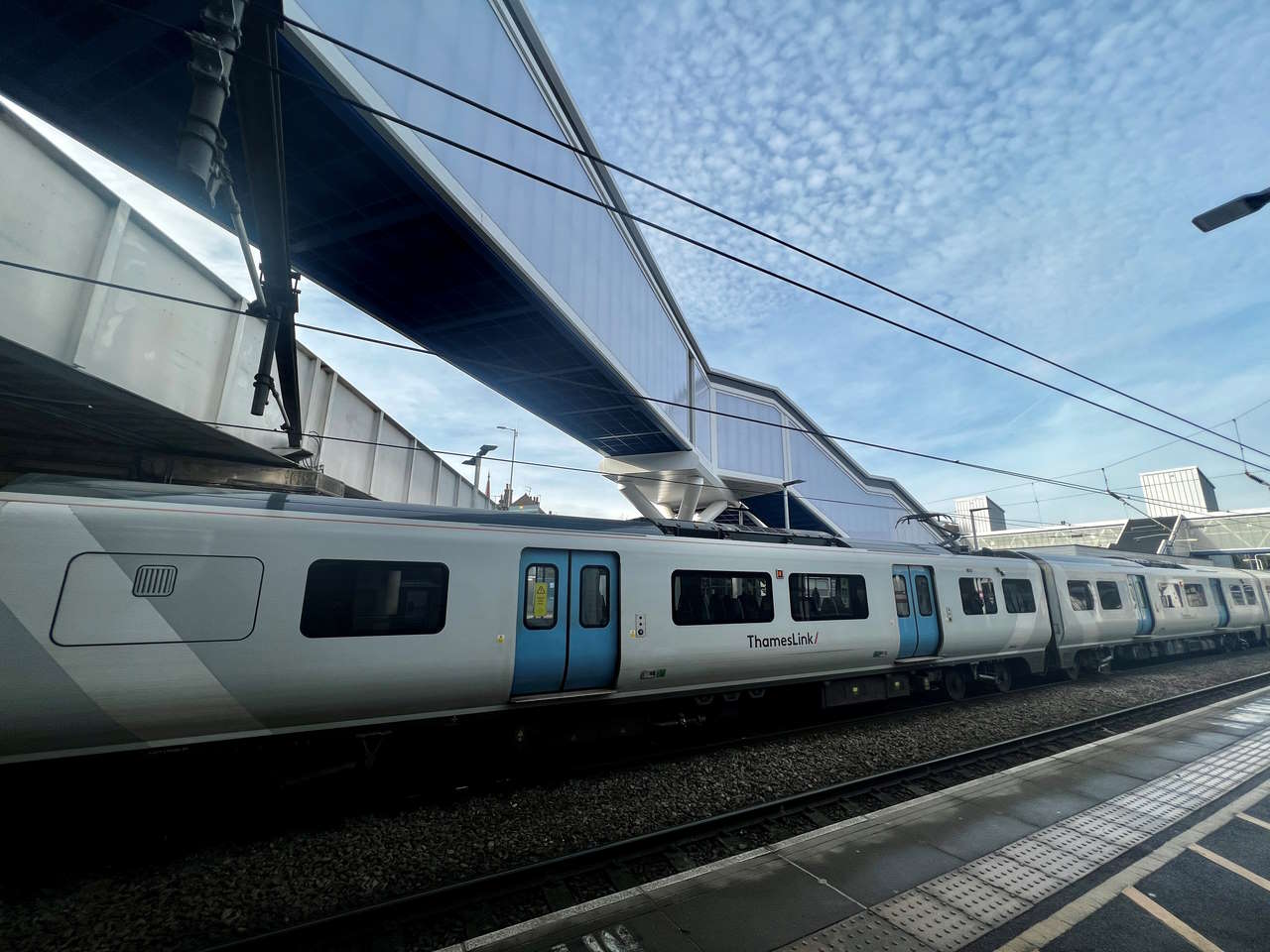The Office of Rail and Road (ORR) has told online ticket retailers to review how they present their fees when people buy tickets, as it highlights the shady practice of ‘drip pricing’.
‘Drip pricing’ is the practice by which retailers show consumers an initial price for their product, then reveal extra charges as the sale progresses. Consumers tend to make a decision based on the ‘headline’ price they see first, and are then drawn into paying more than they initially thought they would – and maybe more than they needed to.

UK consumer protection law requires retailers to give the information that people need in order to make informed purchase decisions, and ORR is concerned that rail ticket retailer are not abiding by the spirit of this.
ORR reviewed the ticketing websites and apps of nineteen third-party ticket retailers (TPRs). Twelve of the nineteen charged booking fees, of which seven did not display the fees in the upfront price.
The regulator’s review found booking fees ranging from £0.45 (per ticket) to £6.45 (per transaction). ‘Finder’s fees’ were between 10-15% of the saving made on a split ticket.

Additionally, the review looked at twenty-one train companies, which are not allowed to charge ticket booking fees but may charge certain fees, such as postage costs for ticket delivery.
ORR is telling retailers to improve in the following main areas:
- ensuring the booking or finder’s fee is included within the upfront price.
- providing a clear breakdown of the fee and ticket price prominently at every stage
- providing access to readily available, transparent, accurate information about fees, that consumers can read before starting the booking process.
ORR has written to seven third-party retailers, setting out its concerns and asking the retailers to inform the regulator how they will address the findings. ORR will publish its letters and the retailers’ responses on its website and will consider what steps to take next.
The Department for Business and Trade (DBT) is due to publish the findings of a wider consultation into price transparency that also highlighted the risks of drip pricing.
Stephanie Tobyn, director of strategy, policy and reform, said: “Consumers can now purchase rail tickets from a wide variety of websites and apps. This report highlights that some online retailers are not as transparent as they need to be when it comes to how they display or provide information on additional fees.
“We want to ensure consumers are provided with timely and relevant information when making purchase decisions and that drip pricing does not undermine consumer confidence when purchasing rail tickets online”.





Responses
Thetrainline has been a scam for most if not all of its 25+ year existence, by stinging customers for spurious processing fees. They already get a 9% cut of the ticket price that covers those costs. Good to see that ORR have very belatedly woken up to customers being defrauded like this, let’s hope it results in action being taken against them and all their copycats.
that’s what booking office are for you do not get charged for ticket
I only ever use the LNER app. It is simple to use, shows all available fares for any journey within the UK and allows for a ‘price breakdown’, so you can see how much each leg of a journey is costing.
I never use ‘third-party’ sites such as TrainLine etc as they charge fees for just about everything on top of the fare.
I only ever use LNWR for much the same reason. As well as them offering pickup of physical tickets. I appreciate the necessity to reduce paper usage, but have witnessed too many examples of people being compromised at concerts and when travelling when the technology breaks down.